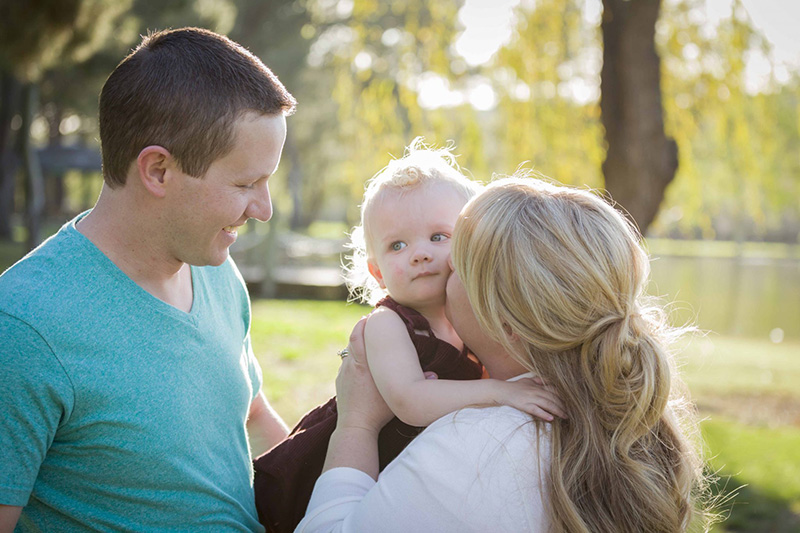Have a good idea of what you want to include in your parenting agreement. Our checklist of potential parenting plan inclusions is a succinct list of items you could cover during mediation. Prior to coming you could think about which of them might be necessary to cover.
You’ll need to consider the time a child spends with each parent, how you’ll communicate with each other and the children, the way you’ll make decisions in the children’s best interests, managing the ongoing costs of raising children and how you’ll manage special occasions, holidays and extended family contact.


